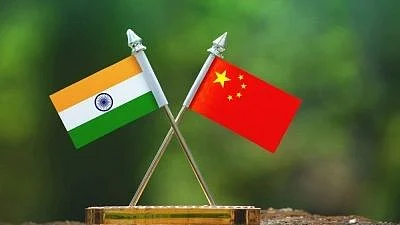Indian and Chinese soldiers were engaged in a brief but tense face-off near Yangtse in the Tawang sector of Arunachal Pradesh last week after Chinese forces transgressed the Line of Actual Control (LAC) and entered Indian territory, PTI reported on Friday, 8 October.
The issue was resolved after talks between the local commanders of the two sides as per protocol, the report further said.
The "physical stand-off" lasted for a few hours before both sides disengaged, reported ANI, adding that no damage was caused to the Indian defences in the sector.
"Physical engagement can last for a few hours prior to disengaging as per mutual understanding. However, there has been no damage to defences," a source was quoted as saying by PTI.
The development comes a month after reports of incursion by Chinese troops emerged from Uttarakhand and just days before the two countries are scheduled to hold another round of high-level military talks on the eastern Ladakh issue, which could be held within the next three-four days, reported PTI.
Sources said that both sides have their line of perception up to which they take their patrolling activities. The situation is managed as per the established protocols whenever the two troops come face to face, added the sources.
"The India-China border has not been formally demarcated and, hence, there is a difference in perception of the Line of Actual Control (LAC) between the countries," the person said.
The sources said that sticking to existing agreements and protocols has helped the two countries maintain peace and tranquility despite their different perceptions.
On 30 August, around 100 Chinese soldiers had transgressed 5 km into Indian territory in the Barahoti region, north of the Nanda Devi biosphere reserve. However, they had returned from the area guarded by the Indo-Tibetan Border Police after a few hours, PTI had reported.
Indian and Chinese troops have been involved in a stand-off in several areas in eastern Ladakh since May 2020, when a violent fight erupted between both parties at the Pangong lake area. Subsequently, the two countries significantly increased deployment of soldiers and weapons.
(With inputs from PTI, ANI and NDTV.)
(At The Quint, we question everything. Play an active role in shaping our journalism by becoming a member today.)
